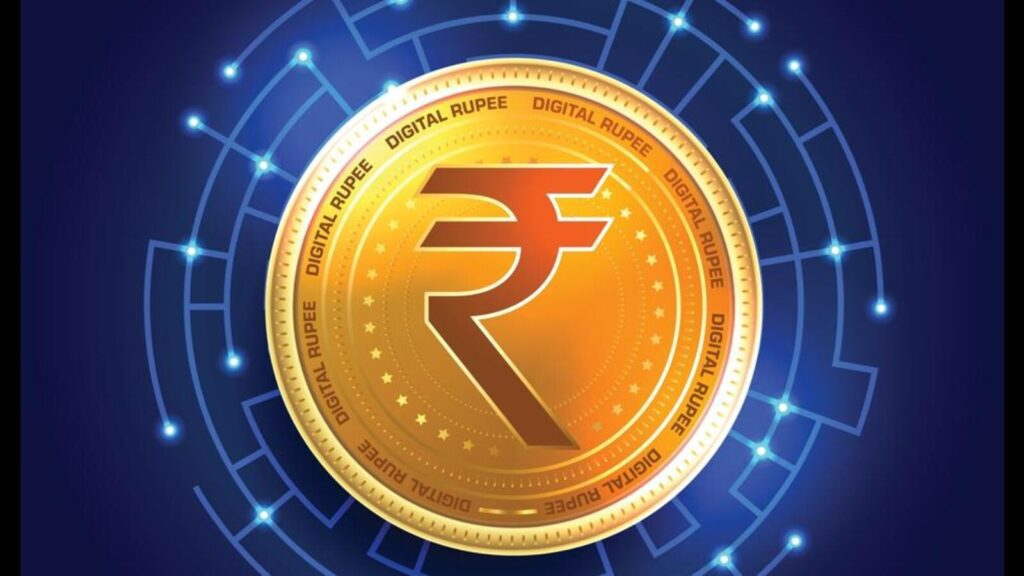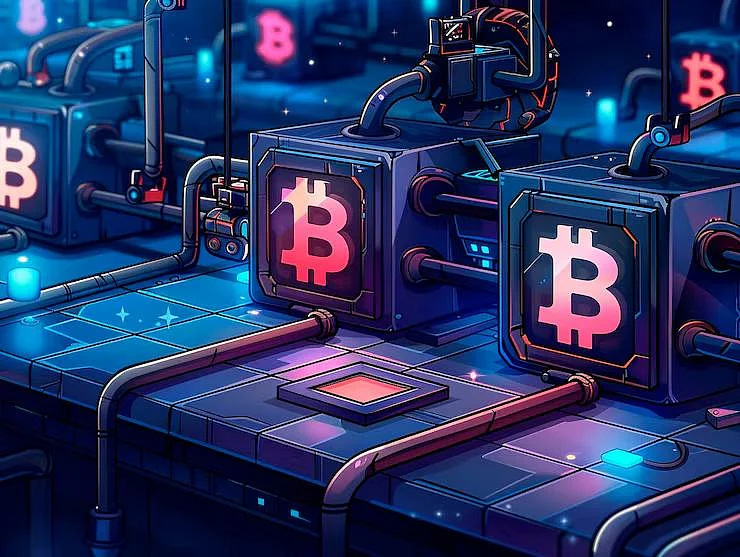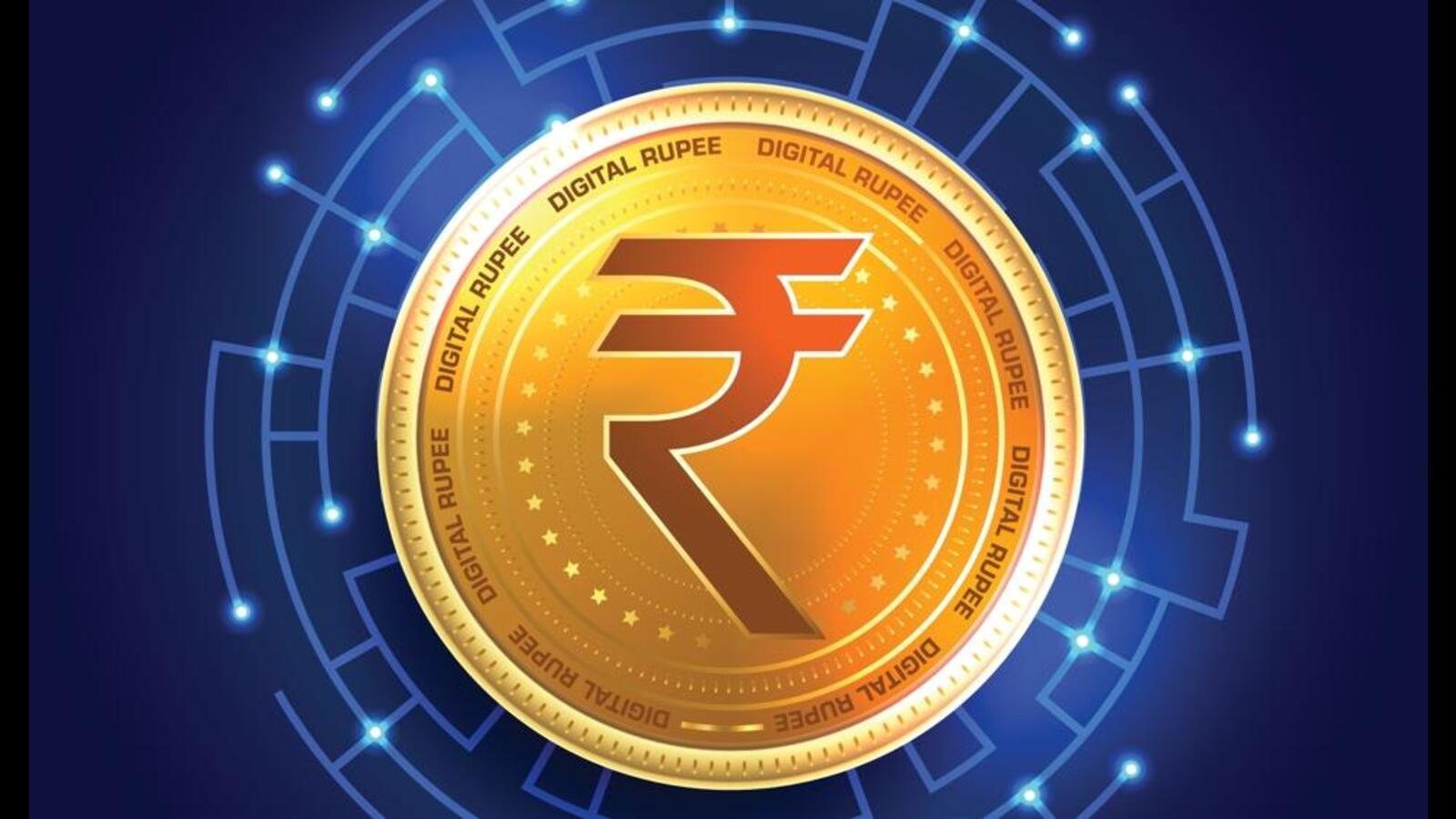Now Reading: Turning Reality into Digital Value: What Tokenisation Means for Small-Town India
-
01
Turning Reality into Digital Value: What Tokenisation Means for Small-Town India
Turning Reality into Digital Value: What Tokenisation Means for Small-Town India

The concept of tokenisation is quietly transforming how people think about ownership and investment. In simple terms, it means converting real-world assets—like property, gold, or even art—into digital tokens on a blockchain. Each token represents a fraction of the asset’s value, allowing multiple people to invest in something that was once accessible only to big investors. For small-town India, this shift could redefine how people grow wealth and participate in financial markets.
Tokenisation breaks down traditional barriers to investment. Suppose a commercial property in Mumbai is worth several crores. Through tokenisation, it can be divided into thousands of digital units, each representing a small share of ownership. This means someone in Nagpur, Surat, or Indore could invest just a few thousand rupees and still earn returns from a high-value asset. The idea brings affordability, transparency, and liquidity to markets that were previously limited to the wealthy.
In India, where real estate and gold are the most trusted forms of saving, tokenisation can modernise how these assets are managed. With blockchain technology ensuring transparency and security, people from smaller towns could confidently diversify their investments. It also allows quicker transactions and easier transfers of ownership—something that traditional paperwork and intermediaries often make complicated and slow.
However, this opportunity comes with challenges. India still lacks clear regulations around tokenised assets. Without legal backing, investors risk confusion over what rights their digital tokens actually represent. Also, awareness remains low in smaller towns where financial literacy is still evolving. Many people might hesitate to trust a system they can’t physically see or touch, especially when it involves their savings.
Despite these concerns, tokenisation has strong potential in India’s Tier 2 and Tier 3 cities. It can open access to assets once reserved for big corporations or urban investors. Startups are already exploring platforms that allow partial ownership of farmland, warehouses, and renewable energy projects. If regulated properly, this could empower local investors to earn stable returns from sectors driving India’s growth.
In the long run, tokenisation could make investing more democratic. It offers small-town Indians a way to participate in national and global markets without needing large sums or complex paperwork. The key will be building awareness, ensuring legal protection, and maintaining trust. If done right, tokenisation could turn ordinary savers into informed investors—and bridge the financial gap between metro cities and the rest of India.
























